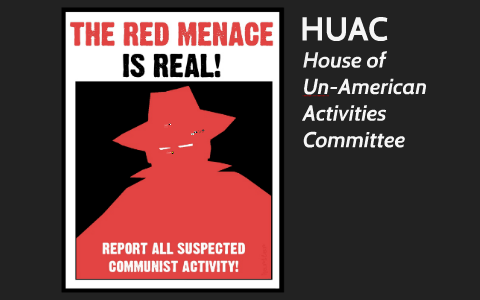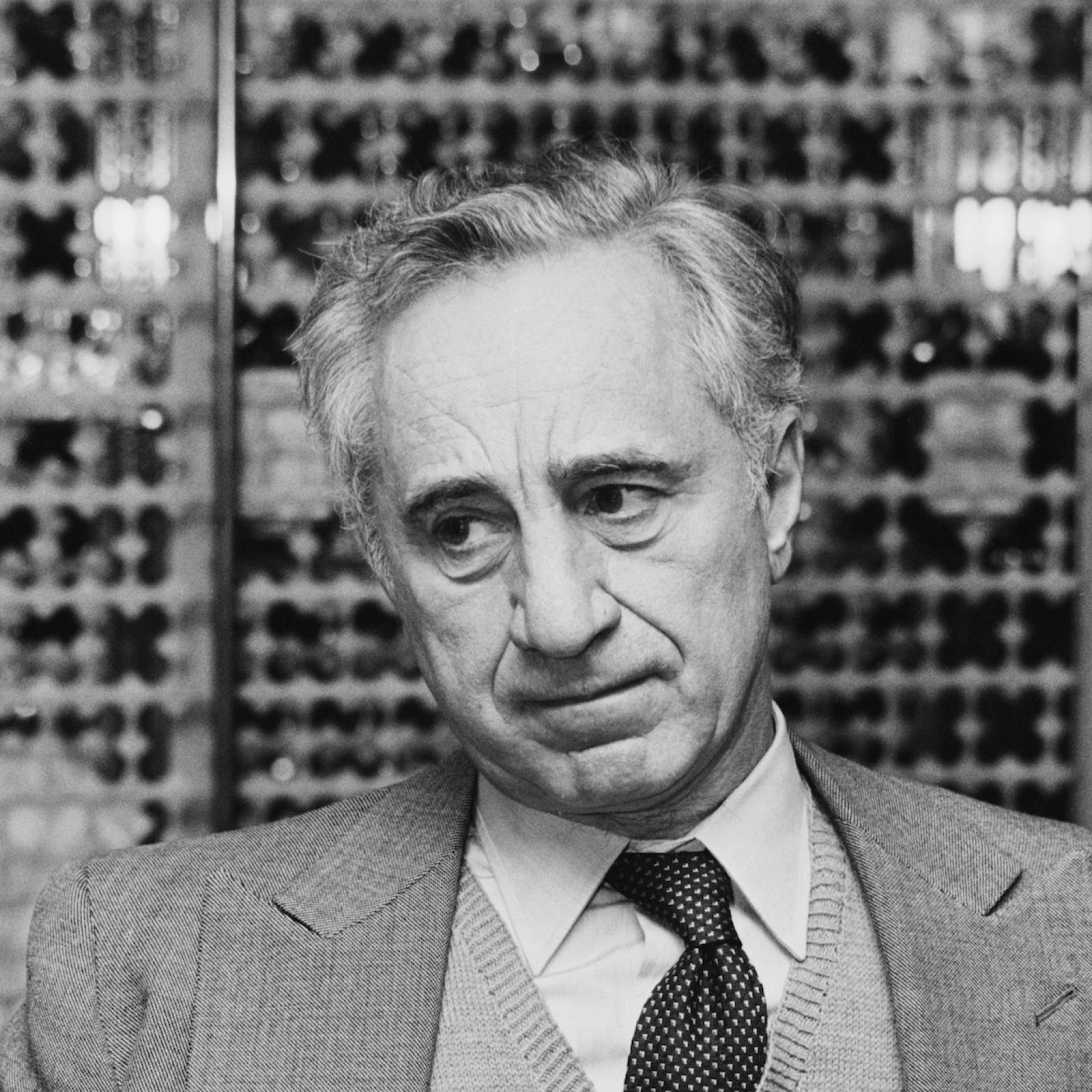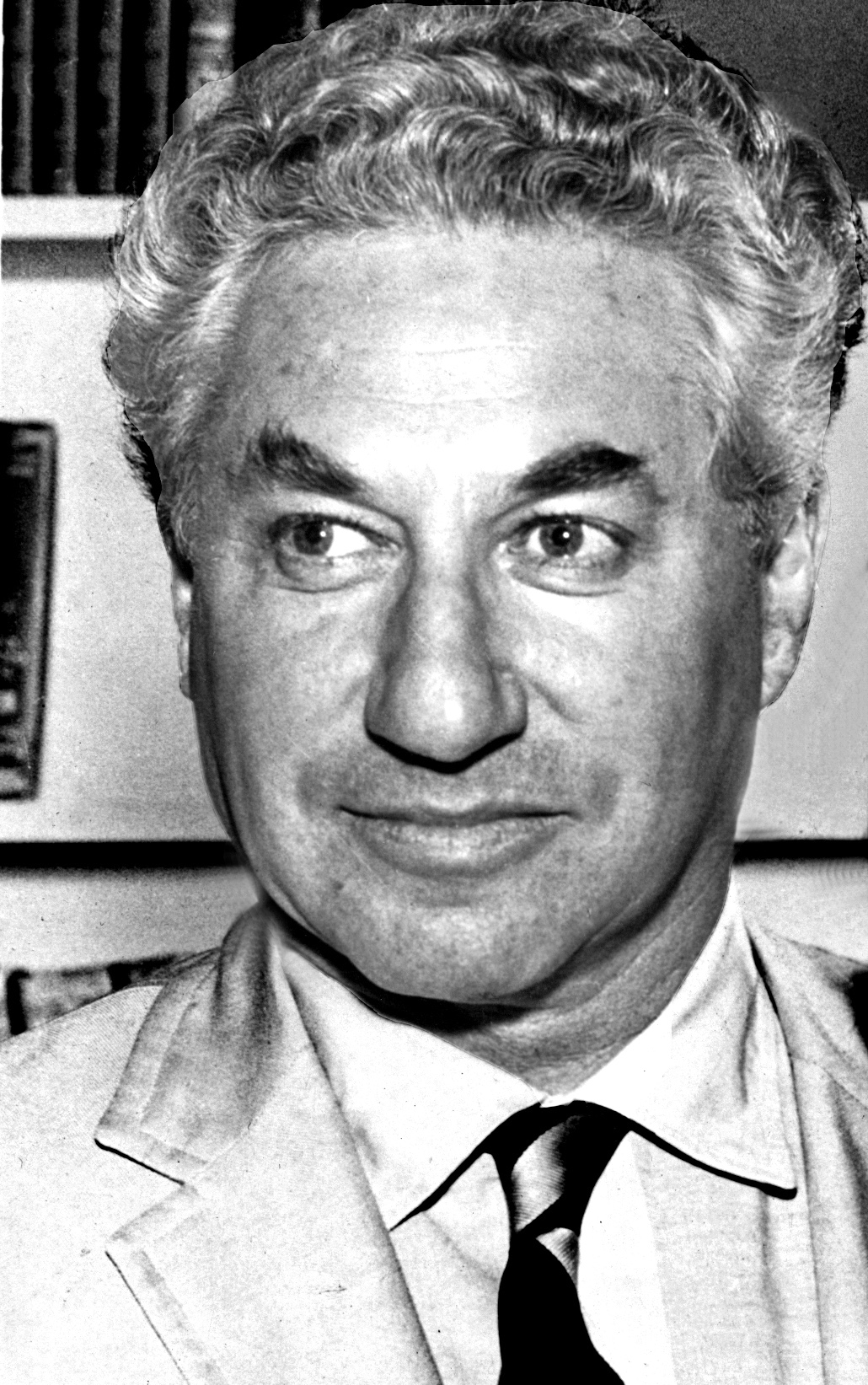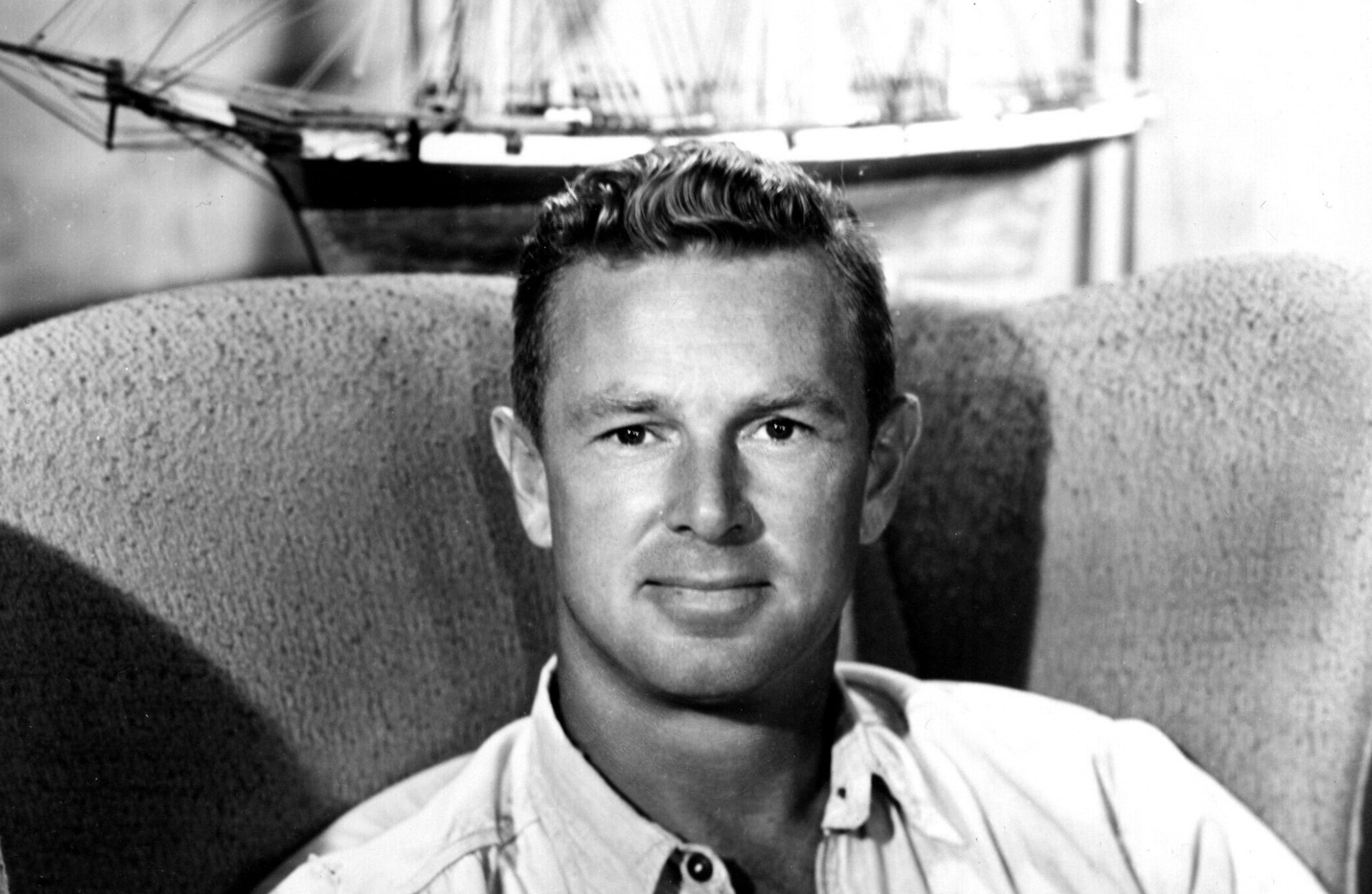
Although membership of the Communist Party was still not illegal, those refusing to testify or answer certain questions had switched from standing on the First Amendment to invoking the Fifth Amendment, in other words endeavouring to shield themselves from self-incrimination. A ‘grey list’ came into being. Names on it were barred from getting work at the major studios, but could scrape an existence on Poverty Row. Composer Elmer Bernstein, for instance, had merely written some music reviews for a Communist newspaper and was called by the HUAC. After he refused to name names, pointing out that he had never attended a Communist Party meeting in his life, he found himself composing music for Poverty Row films such as Cat Women of the Moon.

Elia Kazan
Director Elia Kazan and screenwriter Budd Schulberg, on the other hand, readily described the political leanings of their friends and professional associates, effectively halting dozens of careers and compelling a number of artists to depart for Mexico or Europe. Many individuals who had never been politically active, not even suspected of being Communists, were swept onto the blacklists by the hearings and the revealing of names. Kazan and Schulberg collaborated on a movie widely thought to be justifying their decision to name names. On the Waterfront (1954) won eight Oscars, including those for Kazan’s direction and Schulberg’s screenplay, and featured Lee J. Cobb, one of the best known actors to name names to the committee. The film itself is embarrassed by its special pleading on behalf of informers. At least Cobb admitted (with remorse) that his plan had been to name his way back to work. In 1963, Sterling Hayden was even more contrite: ‘I was a rat, a ‘stoolie’, and the names I named of those close friends were blacklisted and deprived of their livelihood.’

Budd Schulberg
December 27, 1952, saw the American Legion announce its disapproval of a new movie titled Moulin Rouge, starring Jose Ferrer as the dwarf painter Toulouse-Lautrec, a man who was totally apolitical his entire life. Ferrer had been among hundreds of actors grilled by the HUAC and cleared, but when nine members of the Legion picketed the picture for some imagined reason, Ferrer wired the Legion’s national commander, advising him that he would be glad to join the veterans in their ‘fight against Communism’. After all, this was 1952, and he felt it was best to cover all bases.

Walter Winchell
Influential newspaper columnists such as Walter Winchell and Hedda Hopper, regularly offered up names with the suggestion that they should be added to the blacklist. John Ireland actually won an out-of-court settlement in 1954 after the Young & Rubicam advertising agency ordered him dropped from the lead role in a TV series it sponsored. As Variety acknowledged, this was ‘the first industry admission of what has for some time been an open secret – that the threat of being labelled a political non-conformist, or worse, has been used against show business personalities.’ The initial cracks in the blacklist started with television, specifically with CBS. Hitchcock hired blacklisted actor Norman Lloyd as an associate producer for his Alfred Hitchcock Presents anthology series in 1957. In 1959, Betty Hutton insisted that blacklisted composer Jerry Fielding be hired as musical director for her new CBS series. Director Otto Preminger made Dalton Trumbo, (one of the best known of the ‘Hollywood Ten’), screenwriter for his 1960 film Exodus, and prior to that film’s release, Universal gave Trumbo screen credit for his role as writer on Spartacus. Since 1947, the man had written or co-written no fewer than seventeen motion pictures without credit, anyway.

Sterling Hayden
One final word on the hearings should belong to the much-maligned actor Robert Taylor, a man often described as a ‘friendly witness’ by the HUAC. He had previously been asked to testify in Los Angeles and had done so willingly. The following are extracts from his September 23, 1947 response to Mr. H.A. Smith of the Committee after Taylor was subpoenaed to testify a second time, which he reluctantly did. Mr. Taylor was not a ‘friendly witness’ on this occasion, as the excerpts clearly indicate:

Robert Taylor testifying
‘Dear Mr. Smith,
It has, heretofore, been my impression that any testimony given by people of my convictions was considered to be a voluntary contribution to the fight against Communism in this country – especially in this industry. Any statements I have made in the past have been given under this assumption, and any effort expended has been expended purely through my own volition – not because I was ordered so to do! According to your last letter, I will be subpoenaed to appear in Washington at the forthcoming hearing on or about October 20th [1947]. Apparently, there is nothing much I, as a citizen of this country, can do about that! I have repeatedly expressed my unwillingness to appear at that hearing and have given what I considered adequate reasons for my feelings.
At the recent hearings here in Los Angeles I was asked – not subpoenaed – to testify. I did so willingly, acting under the assurance that my testimony was confidential. My testimony was not kept confidential and I must confess that when certain people on ‘the other side of the fence’ saw fit to ridicule said testimony I had to agree with them – it did look pretty silly! I am not, and have never professed to be, an expert on the subject of Communism; I could, and can, only express an opinion. And, after all, what good are opinions when your office, the files of the Dies and Thomas Committee, and those of the FBI are filled to overflowing with facts! Having testified once – good or bad – I can see no reason, whatsoever, for my having to testify again. Whatever good was to be done has been done – even to the extent of having garnered free publicity for Mr. Thomas and his Committee.
Which brings me to another point. I’ve never cared a whole helluva lot for politicians, whether they be Republican or Democrat. And I’ve certainly never believed it inherent in my job as a motion picture actor to aid in feathering any of their nests for them via publicity from my name – a name, by the way, which I have worked Goddam hard to build and maintain without any blemish. My last appearance to testify was valuable only insofar as publicity was concerned, my appearance in Washington can be valuable purely for the same reason. I firmly believe this to be utterly ridiculous and a waste of time, both for me and for the Committee!
…If I am subpoenaed – and I sincerely hope that something can be done to pigeon-hole that subpoena – I shall, naturally, go to Washington for the investigation. I will feel utterly ridiculous and shall resent every minute of the whole thing. I shall, moreover, kick myself for ever having gotten myself into such a position by having testified previously. Moreover, as a ‘friendly’ witness, I shall be friendly only to the cause; as far as being friendly to the Committee itself is concerned, that possibility went out the window the last time I was crossed up.’
Despite his protestations, Taylor was called as a ‘friendly witness’ in October 1947 and his testimony received a great deal of publicity. Clearly, from his letter, he was ‘boiling mad’ about being ordered to testify a second time. And rightly so. Mr. Taylor may very well have had to live with his naivety, but that is all.

Leave a Reply